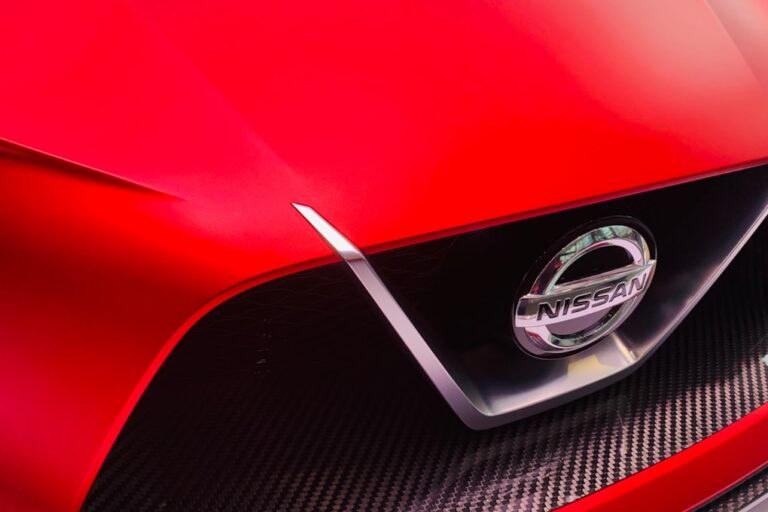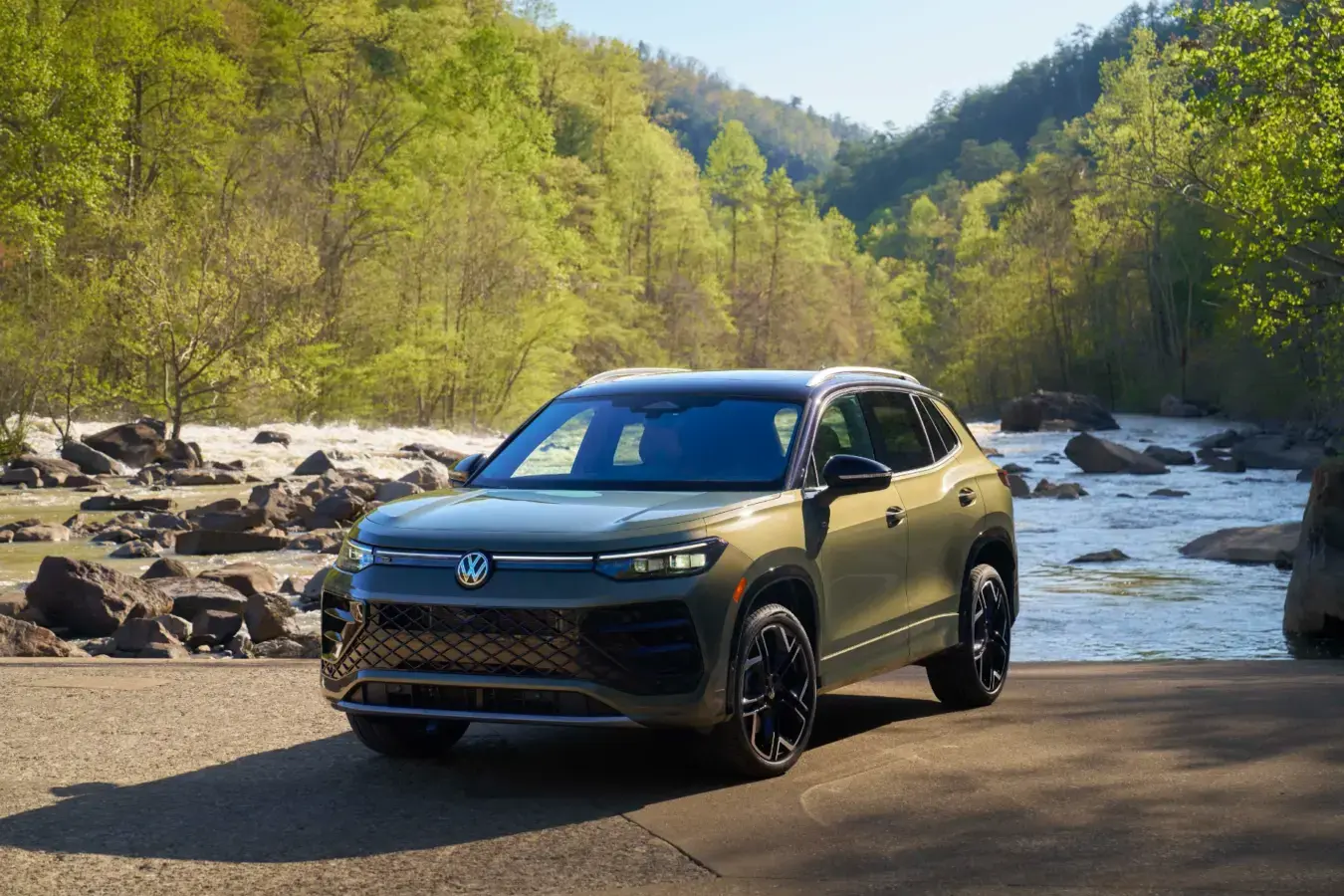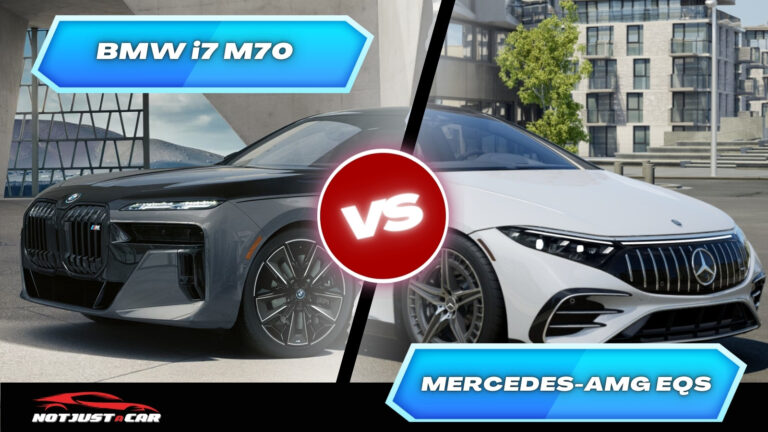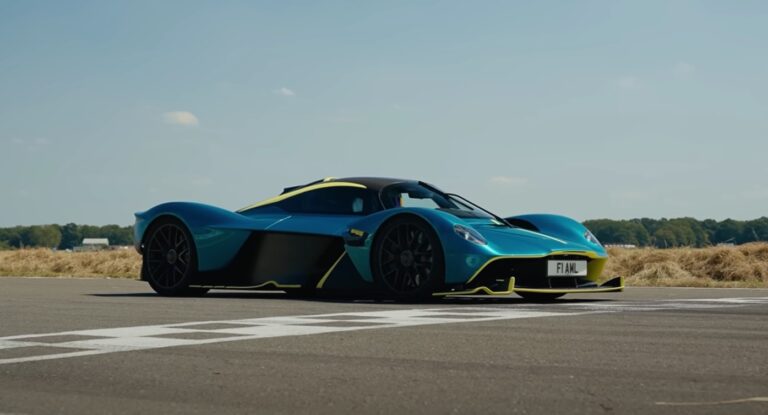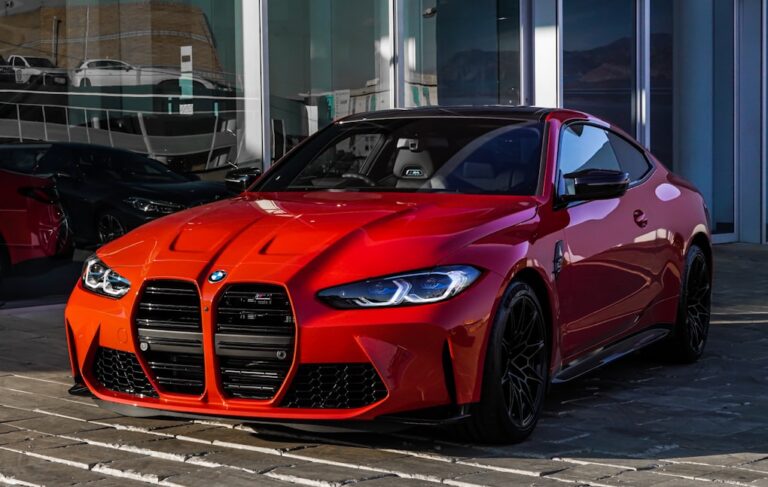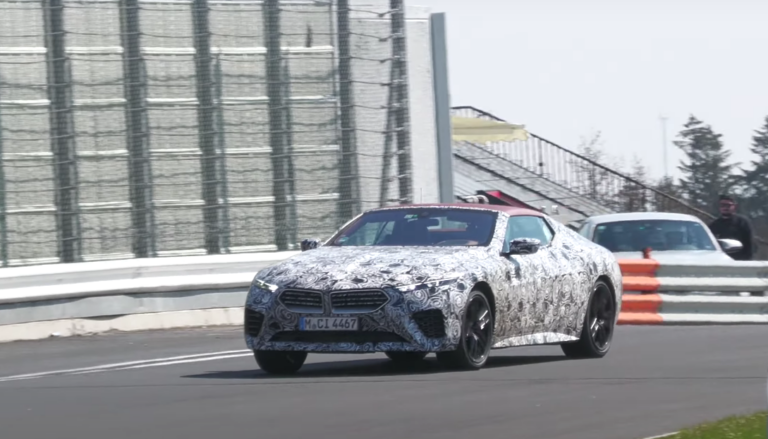EU 2035 Combustion Engine Ban: Are We Really Ready for This?
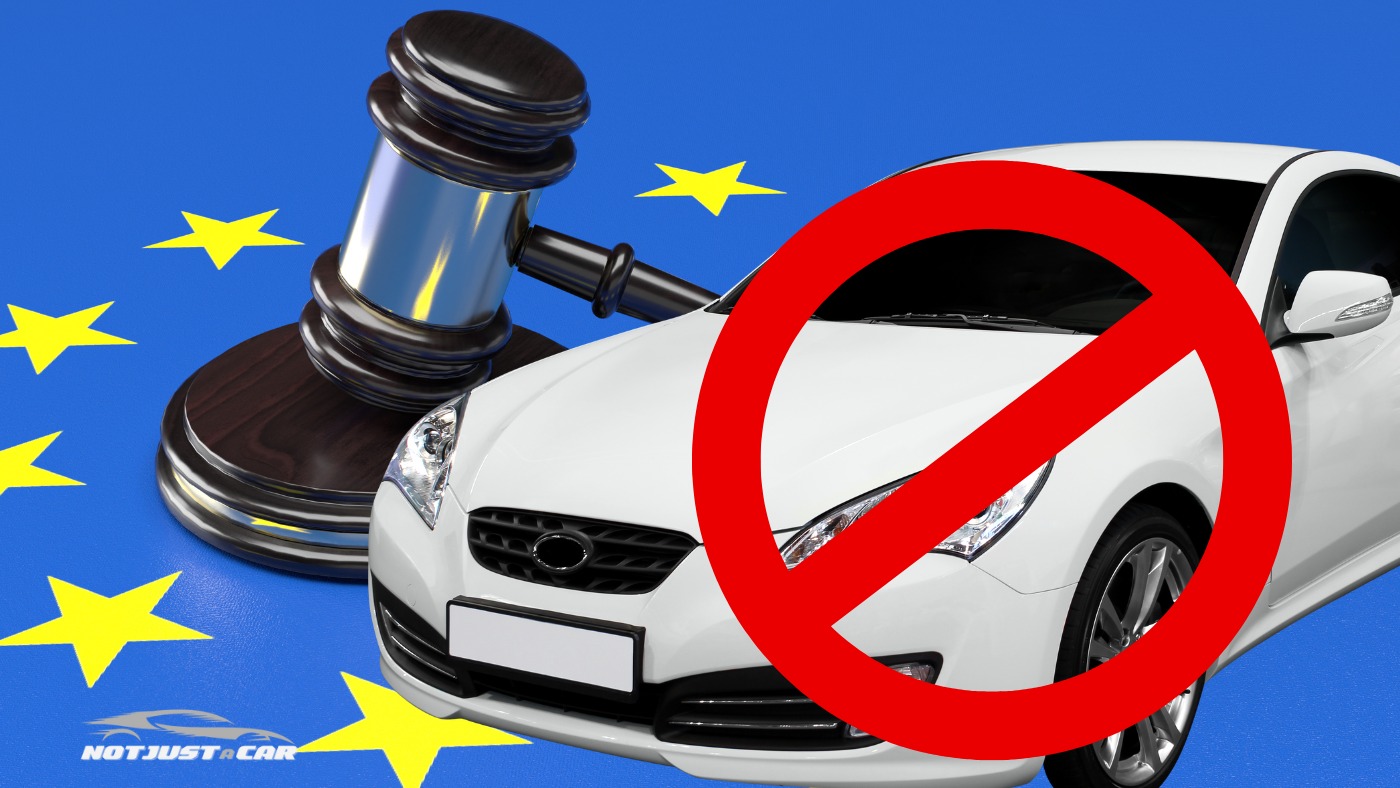
As a car enthusiast and European, I’ll admit, I’m pretty frustrated by the EU’s recent confirmation of the ban on new gas-powered cars starting in 2035. To me, and many other car enthusiasts, this feels rushed, short-sighted, and disconnected from reality and I’ll explain why shortly.
But first…
Don’t get me wrong, I understand the environmental goals behind this decision. But here’s the thing: we’re just not ready yet. Not even close. If you drove an EV on long-distance road trips you know that the infrastructure simply isn’t there. Especially the more east you go in Europe. Check it out:

Charging stations are often crowded, unreliable, or worse, entirely missing from stretches of road where you desperately need them.
There’s also the harsh reality of charging speeds. Even the fastest superchargers require significantly more downtime compared to a quick gas station fill-up. On longer road trips, this adds hours of inconvenience, turning enjoyable journeys into stressful experiences of battery anxiety. This is one of my main issues and problems that I have with EVs.
As someone who enjoys the freedom of spontaneous adventures, this just doesn’t cut it.
And then there’s the elephant in the room: the environmental impact. Sure, electric cars don’t have tailpipes, but let’s not pretend they’re clean. Which was the whole purpose of this ban anyway.

Manufacturing an EV requires mining minerals like lithium, cobalt, and nickel—all processes that come with their own significant environmental and human-rights issues.
We’re essentially replacing one environmental problem with another, shifting pollution from the tailpipe to the battery supply chain. Moreover, those electricity grids powering our “clean” EVs are still heavily reliant on fossil fuels, particularly coal in many parts of Europe. What’s the point of switching to electric if we’re just charging our cars with coal-fired electricity?
Until our grids become genuinely renewable, this feels like a superficial solution rather than meaningful environmental progress and green only in name.
For enthusiasts like me who appreciate combustion engines, manual gearboxes, and the practicality of quick refueling, the 2035 ban isn’t just inconvenient—it’s deeply disappointing.
It feels like the end of automotive freedom, rushed through without properly addressing the real-world challenges that EVs currently face. I genuinely hope that policymakers reconsider their timeline or at least significantly ramp up investment in infrastructure and renewable energy.
Because as things stand today, banning gas-powered cars by 2035 feels less like progress and more like a problematic detour.
Quick Links
Interesting Stats
1. Raw Materials for EV Batteries
Producing a single electric vehicle (EV) battery requires substantial raw material extraction. For example, approximately 25,000 pounds (11,340 kg) of brine for lithium, 30,000 pounds (13,600 kg) of ore for cobalt, 5,000 pounds (2,270 kg) of ore for nickel, and 25,000 pounds (11,340 kg) of ore for copper are processed to obtain the necessary materials. [Source]
2. Europe’s Electricity Generation Mix
In the first half of 2024, the European Union achieved a significant milestone: wind and solar energy combined generated 30% (386 TWh) of the EU’s electricity, surpassing fossil fuels, which supplied 27% (343 TWh). However the truth is that most countries still rely heavily on coal in order to maintain the demands of their consumption. This means that there are places where people charge their EVs with electricity that is produced from coal. [Source]
3. Sparse EV Charging Infrastructure in Europe
The fact is that we simply don’t have the infrastructure for EV charging in Europe in order to travel comfortable and without range-anxiety for long distances. EU knows this, but yet they still keep on pushing their ban on ICE cars by 2035. Weird move if you ask me.
Final note
Look, I’m not an EV hater, I realize times are changing, and I have no problem with EVs, especially for driving in congested city streets, they are great. The Volvo ES90 and newly unveiled Alpine A390 are good-looking and offer some great performance which will meet the demands of many car enthusiasts. But let’s not pretend they will solve all our pollution issues when they in fact produce a ton of pollution to be built in the first place. Also, banning conventional cars, without a proper infrastructure in place, is borderline insanity, but that’s just my opinion.

